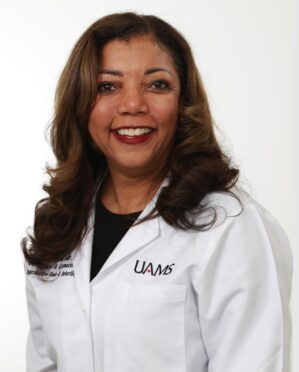
Gloria Ríchard-Davis, M.D., MBA, and UAMS Culinary Medicine Registered Dietitian Alyssa Frisby hosted a presentation and cooking demonstration for the Arkansas Department of Health’s virtual Lunch & Learn series. The February session, taking place during American Heart Month, was the first in a series titled “Paving the Way to Health with Our Forks.” Dr. Ríchard-Davis shared information about the prevalence of heart disease in America and the role nutrition plays in a healthy lifestyle, while highlighting the Mediterranean Diet and how the principles can be incorporated in a southern American diet. Alyssa Frisby prepared a one-pot shrimp and tomato skillet meal and discussed how it is possible to use both fresh and shelf-stable ingredients to create nutritious, affordable meals. Participants were able to ask questions after the presentation and were curious about food preparation techniques and requested tips on how to make small changes to their current habits to promote a healthier lifestyle.
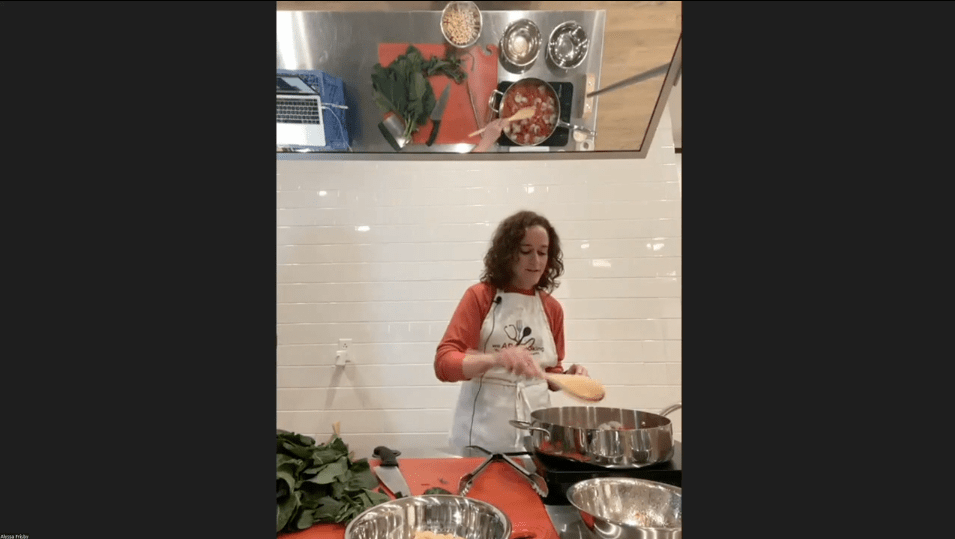

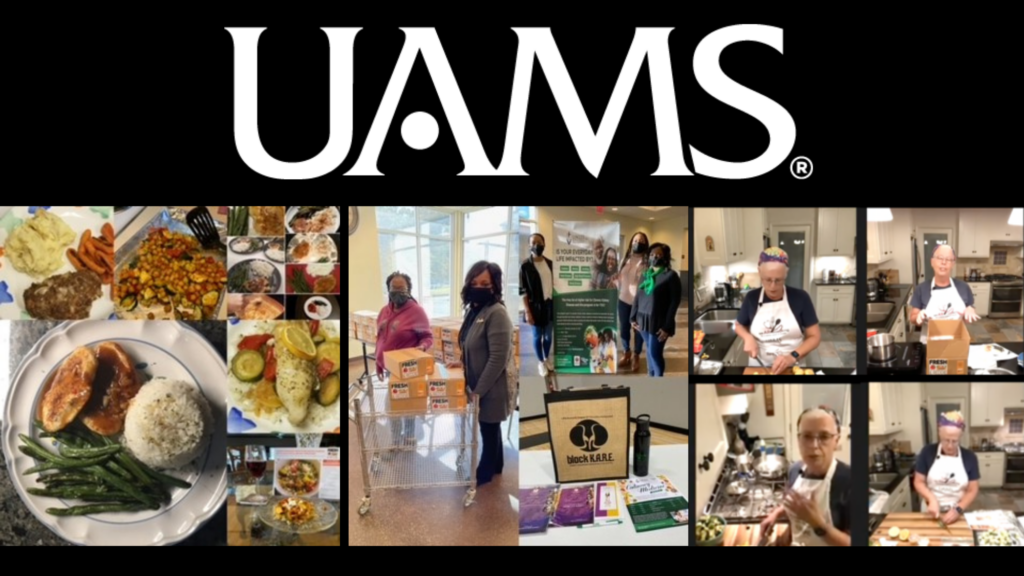
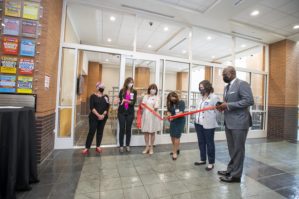
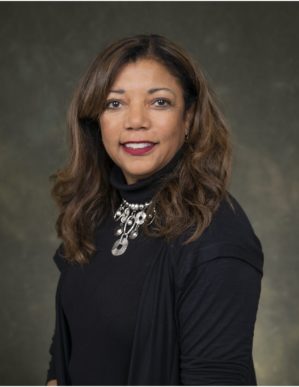
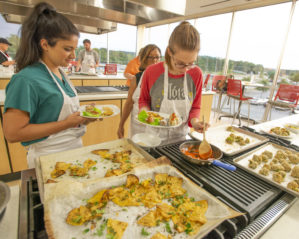
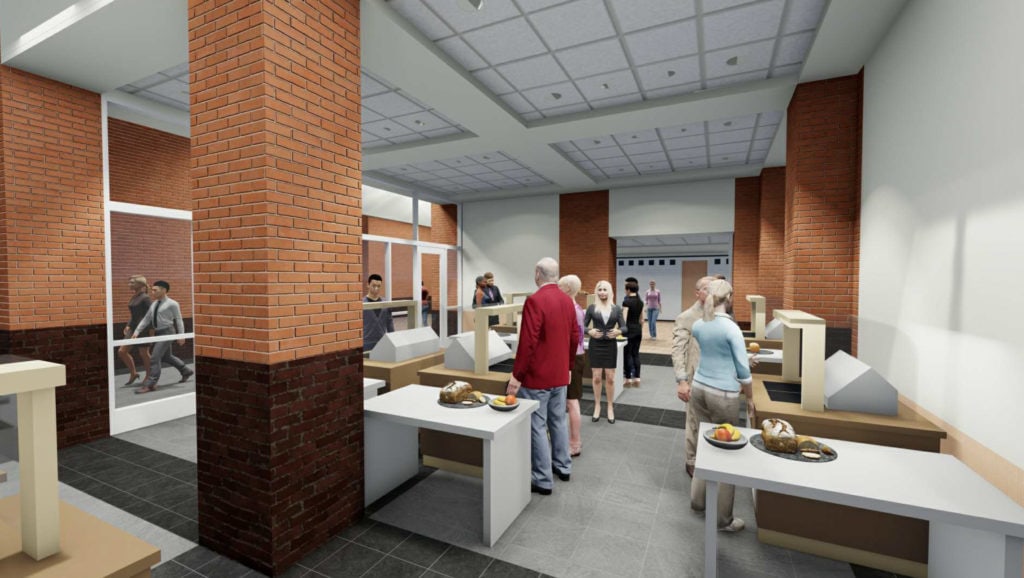
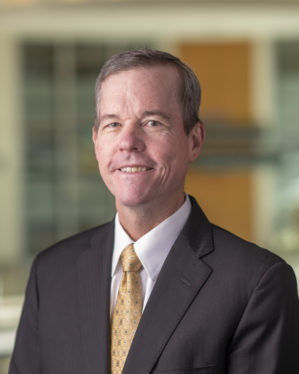
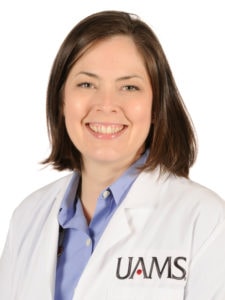 Dr. Gina Drobena will speak about the culinary medicine program and lifestyle medicine at the February 3 meeting of the Little Rock Plant Strong Club. Get more details on the
Dr. Gina Drobena will speak about the culinary medicine program and lifestyle medicine at the February 3 meeting of the Little Rock Plant Strong Club. Get more details on the  Culinary Medicine: An Ideal Interprofessional Opportunity
Culinary Medicine: An Ideal Interprofessional Opportunity